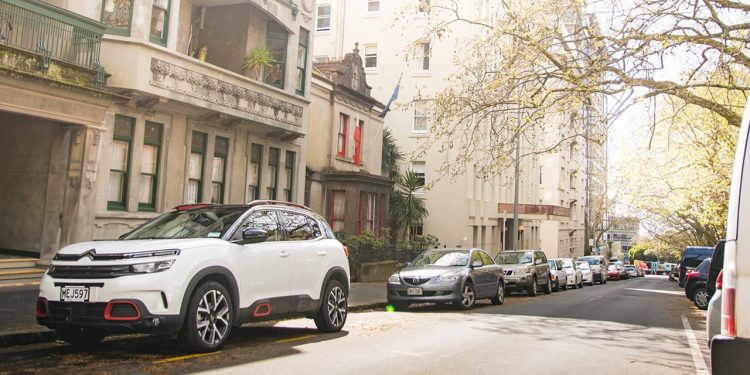Auckland Council planning to get rid of street parking across the city
Words: Matthew Hansen
Things are about to get interesting for Aucklanders living in urban areas who park their cars on the side of the road.
Reports have emerged this morning that Auckland Council is planning to remove swathes of street parking across selected roads in order to make way for bus lanes and cycleways.
These won’t just be roads in the Central Business District, either, with talk that arterial roads in residential areas could also get the same treatment; meaning that homeowners who rely on kerbside parking may no longer be able to park outside their own homes.
Albany, Henderson, Manukau, New Lynn, Newmarket, Takapuna, and Sylvia Park are set to be the first areas targeted by the scheme, reportedly because of their sound existing public transport infrastructure.
The move is tied to the council’s Te Tāruke-ā-Tāwhiri climate change plan, and hopes to further discourage people in densely populated areas from using their cars by pushing them towards public transport.
According to the NZ Herald, Auckland Transport could be handed the power of removing parking on any stretch of road in the region without consulting with residents or local boards and without providing parking alternatives.
The move has already received criticism from the Automobile Association (AA) and the Dominion Road Business Association, and is likely to be unpopular with a healthy chunk of Aucklanders.
The seemingly extreme measure dovetails with the council’s climate change plan’s extreme goals. One of the plan’s aims is to reduce transport emissions in Auckland by 64 per cent by 2030. The way the city emissions are currently tracking, they’re likely to be higher than current levels by 2030, not lower.
And it’s not just Auckland rolling out parking reform, either.
Wellington is reportedly investigating launching a commuter parking levy, which could see those wanting to park in certain high-density areas (Thorndon, Lambton, Te Aro, and Pipitea are named) charged up to $2500 per year for the privilege.
This works out at approximately $6.80 per day, although naturally it’s unlikely that those paying the levy will be parking their vehicles for 365 days of the year. Private off-street parking areas are among those impacted, although lots with 10 spaces or less will be exempt.





